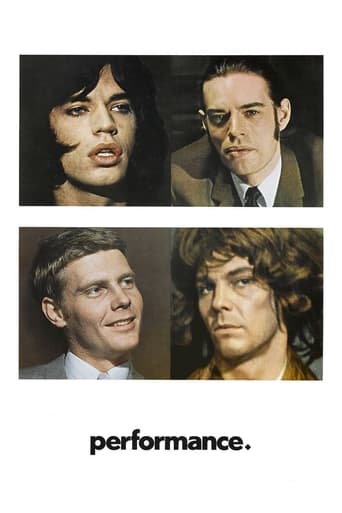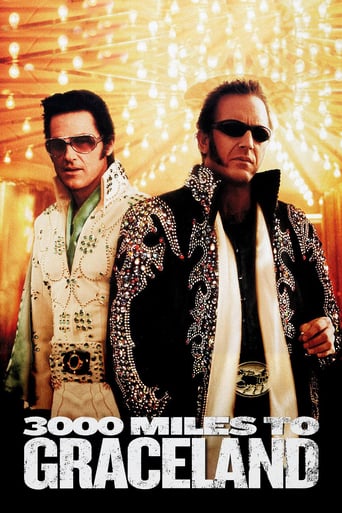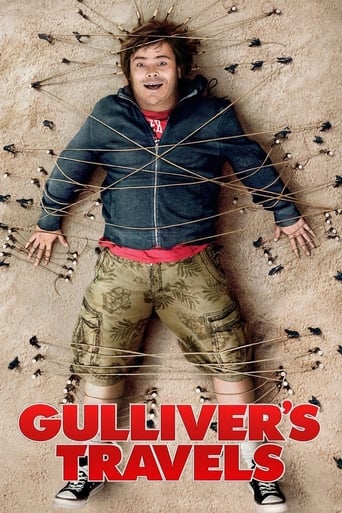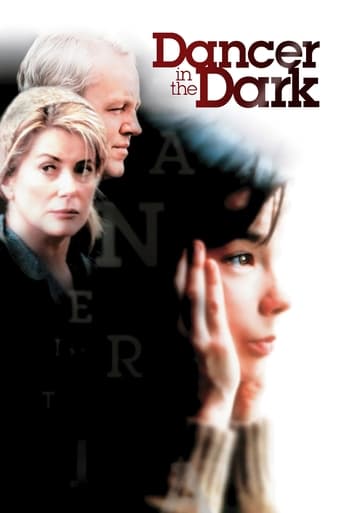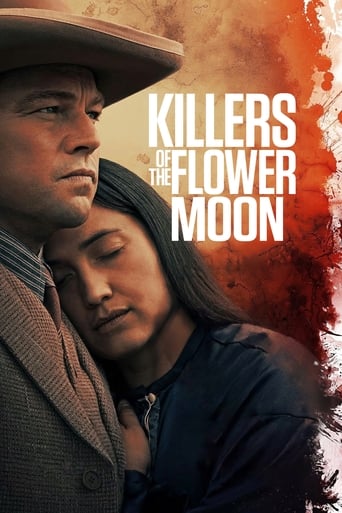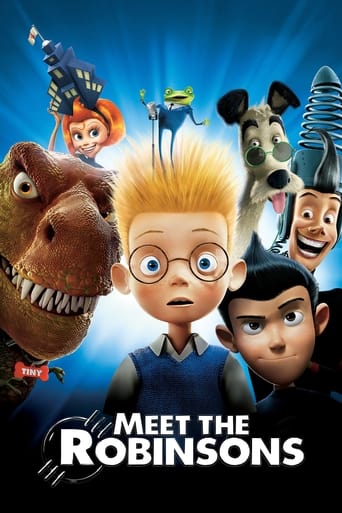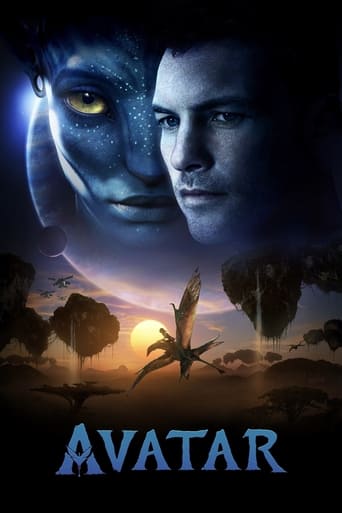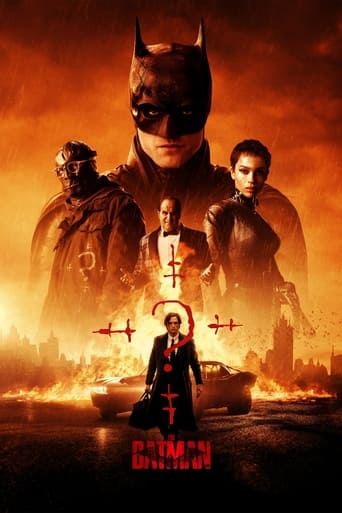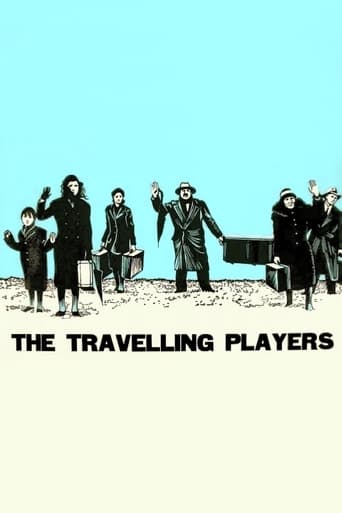


The Travelling Players
This expansive Greek drama follows a troupe of theater actors as they perform around their country during World War II. While the production that they put on is entitled "Golfo the Shepherdess," the thespians end up echoing scenes from classic Greek tales in their own lives, as Elektra plots revenge on her mother for the death of her father, and seeks help from her brother, Orestes, a young anti-fascist rebel.
-
- Cast:
- Eva Kotamanidou , Aliki Georgouli , Stratos Pahis , Giannis Fyrios , Maria Vassiliou , Grigoris Evangelatos , Petros Zarkadis


Similar titles



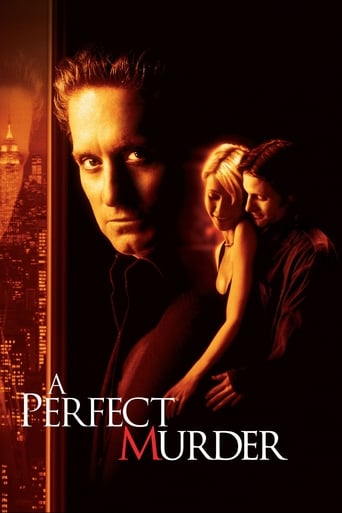
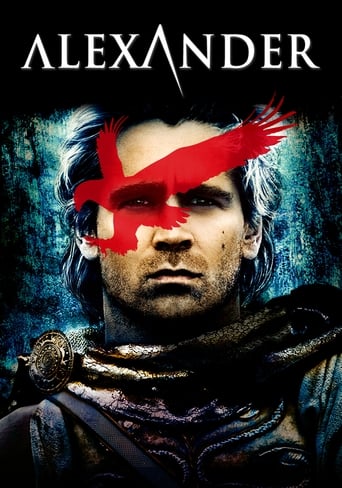
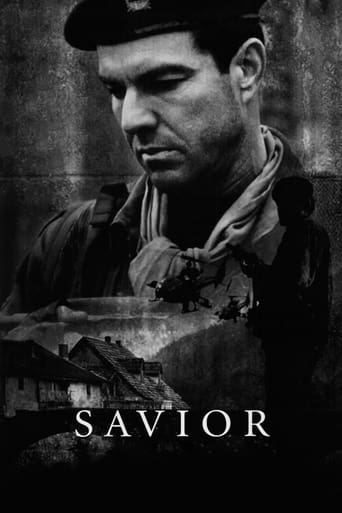
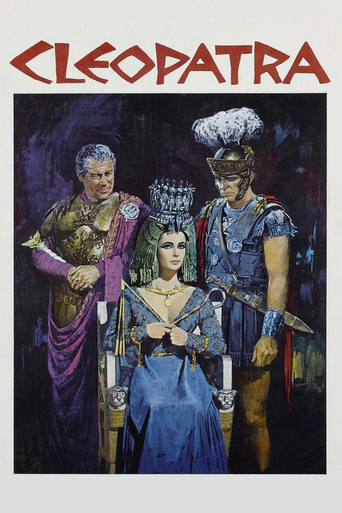
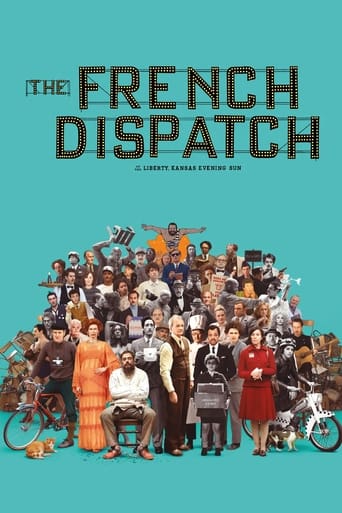
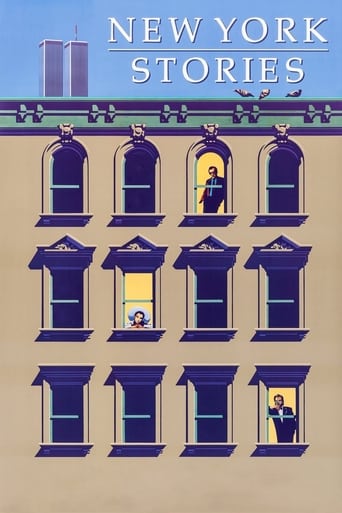
Reviews
Absolutely Fantastic
This is a dark and sometimes deeply uncomfortable drama
I think this is a new genre that they're all sort of working their way through it and haven't got all the kinks worked out yet but it's a genre that works for me.
.Like the great film, it's made with a great deal of visible affection both in front of and behind the camera.
Sixteen years of civil war and social unrest follow a small band of itinerant actors, who offstage are a reluctant audience to the much larger drama of current events. Director Theodoros Angelopoulos is virtually unknown in this country, and it might be a simple question of stamina: this four-hour long Greek tragedy is certainly impressive, but it's also a motion picture deprived of its requisite motion. Angelopoulos favors long takes with extended tracking shots, and seems to be stubbornly opposed to any idea of creative editing. The technique sometimes works, for example when a scene shifts years forward in time within a single, sustained shot, or when the director places what little action there is behind a static camera, focused instead on a neutral image, perhaps a brick wall or a beach at low tide (imagine the masterpiece he could have made by leaving the lens cap on as well). The effect can be hypnotic, but anyone who thinks filmgoing was meant to be an invigorating experience will likely find it a monument to tedium.
A flawed masterpiece from Angelopoulos, the first of a number of great films of his you can pick at if you want. First and foremost, it is a technical achievement; almost 4 hours and only about 80 cuts! It goes against all we've gotten used to in film story-telling, and does it brilliantly.The story follows a troupe of actors back and forth through the years 1939 to 1952. They're thrown about by the violent, sometimes absurd tides of Greek history, with victory over the Nazi's giving way to the rise of local fascists at home. The film is very Brechtian and distanced in style. We hardly get to know the characters at all, despite the running time. It's much more interested in the great tides of politics and time than individuals - which is both its strength and its weakness. I was always interested, sometimes horrified, but rarely touched emotionally. Also, some of the good/bad of the politics felt simplistic. That said, despite its length, I will re-watch it. I suspect I'll appreciate the amazing scope of it's vision and the bravery of it's style even more without expecting to get caught up in the people in a conventional way.If you have the chance, get ahold of the 'New Star' DVD, which was only in release a short time. The transfer was supervised and approved by Angelopoulos, and certainly looks wildly better than the commonly found VHS tape.
Theo Angelopoulos is one of the acknowledged masters of cinema, and yet he remains little seen: an acquired taste. It is easy to see why. Unlike other greats, like, say, Renoir and Mizoguchi, who, though firmly rooted in their own national cultures, present characters and narratives generally recognisable, Angelopoulos is forbiddingly national (as opposed to nationalistic: there are echoes of everyone from Fellini to Bunuel to Ozu in this film) in his outlook. Watching this film without any knowledge of Greek history, literature or mythology can be very frustrating - every time you see a character, event, composition, you know it alludes to something else, but because you don't know what, you feel like you're missing the point of the film. La Regle Du Jeu is enriched by a deep knowledge of French History, but can be enjoyed by anyone with an interest in cinema, stories or humanity. Angelopoulos' films don't have this surface level of entertainment - everything is symbolic and loaded.Does this mean that the only enjoyment of the film can be a cold admiration of form? No. Even if we don't understand the specifics, we can recognise the horrors of a nation beset by continual tyranny. The metaphor of a theatrical troupe, travelling throughout Greece, is subtly used. Rather than actors, or commentators on history, as we'd expect, they're always continually observing, on the margins. Modern Greece is a labyrinth - the film is dense with streets, corridors, doors, offering no escape, just an endless loop, leading to dead ends of time and space. Fascism has exploded these notions in its denying of history and its attempt to homogenise space, and the same frame can hold events decades apart.The travelling players are exiles in their own country. Like Bunuel's discreet diners, they can never finish their play: when they do it results in death, stagnation, and a break up of the troupe. They're bewildered like Pirandello's Six Characters, not necessarily searching for an author (they have one - Greek history), but trying to escape him. The great irony is that they cannot remain untainted by the times - one's son is a partisan, another is an informer.Angelopoulos' use of the medium really does inspire awe. His slow, long takes, long-shot compositions and camera movements, open the mind to new conceptions of time and space, forbidden by the ideologies ruling Greece. The film is full of remarkable, shocking set-pieces; austere quiet bursting into Fellini-esque disruption; revels and song turning into murder and horror; editing so spare that each cut becomes a jolt. Songs, birds and water are the driving metaphors here: how fascism appropriates our minds, imagination and especially our voice; how our reaching for freedom is always curtailed; how history is a never-changing trampling on the vulnerable.Angelopoulos is a modernist - he still believes in the power of witness, and the ability to assert truth, which is refreshing in these times where irony is confused with indifference. Compare THE TRAVELLING PLAYERS with Nabokov's Bend Sinister, similarly concerned with artists in a totalitarian system. Angelopoulos' systematic attempt to shore fragments against the ruins is denied by Nabokov, who bleakly suggests through fragmentation, distortion and disrupton that there is no shoring, that the only plausible rebellion is madness. Angelopoulos' view is, in many ways, more reassuring.The film is not without its problems - a raped woman stands up to recite the rape of Greece in a queasy monologue; hateful royalists are coded homosexual to suggest sterility and death; there is, at times, a humourless self-righteousness and portentousness to the film that grates. But, before he slipped into the vague artiness of his later works, its astonishing to think that people could make films like this. In the way that you may not hold Finnegan's Wake or the Sistine Chapel to your heart, THE TRAVELLING PLAYERS is unloveable, but it's a rare experience in the cinema of the sublime. (And, believe me, once you've attuned yourself to Angelopoulos' rhythm, you won't want those four hours to end)
This is a landmark film, a must see for anyone that wishes to understand modern Greek history and politics. The plot is a loose retelling of the Oresteia cycle of tragedies by Aeschylus--the names of the characters (Orestes, Electra, Chrysothemis) are an obvious hint. Betrayal, revenge and redemption are only part of the story. It takes place in Greece between 1936 and 1952, years filled with fascist dictatorship, war, Axis occupation, civil war and repression. Greece's traumatic history is seen through the eyes of a traveling company of actors, who travel all around provincial towns to perform a single play: "Golfo", a pastoral tragedy told in folk-song-inspired rhyming couplets.This is not a movie for action-loving, short-attention-span viewers. Angelopoulos and his long-time collaborator, renowned cinematographer Arvanitis, have developed a very distinctive style, and "O Thiassos" is an uncompromising example. There are no close-ups, very little panning, some slow tracking; shots are long (both in point of view and time); almost every shot is filmed in overcast conditions; actors are dwarfed by their surroundings, which are all unglamorous, even depressing in their wartime run-down look. One could say that the purpose is to accentuate the tragic, the sense that the characters are cogs in the machine of history; but ancient tragedy did the same in big style, opulent costumes, and terrifying masks. Angelopoulos' politics induces him to focus on ordinary people in ordinary surroundings instead. The result is strangely, hauntingly lyrical to many; a real downer for some.The film came out in 1975, a year after the end of the dictatorial right-wing regime of the "colonels" (1967-74), and after decades of repression of communists and their sympathisers. Angelopoulos' point of view is sympathetic to the left/communist side. Under full democracy, it was finally allowed to be expressed. The film helped shape the political sensibilities of a whole generation of Greek baby boomers. Its sixteen-year trek (plod, some would say) through Greek history will probably bewilder non-Greek viewers, but it is a deeply affecting crash-course in what shaped contemporary Greece. It is also an impressive re-interpretation of tragedy, as original as any I have seen on film.

